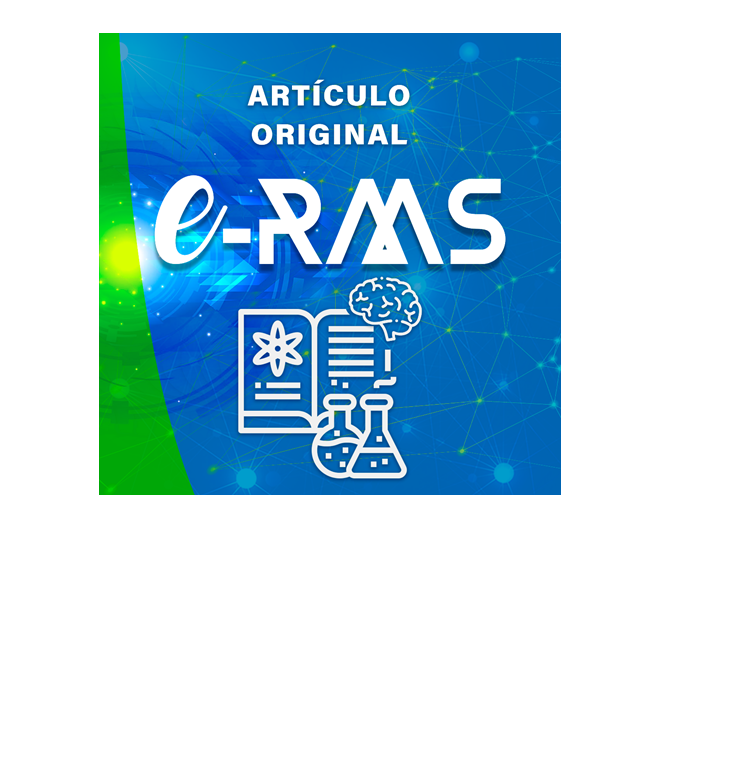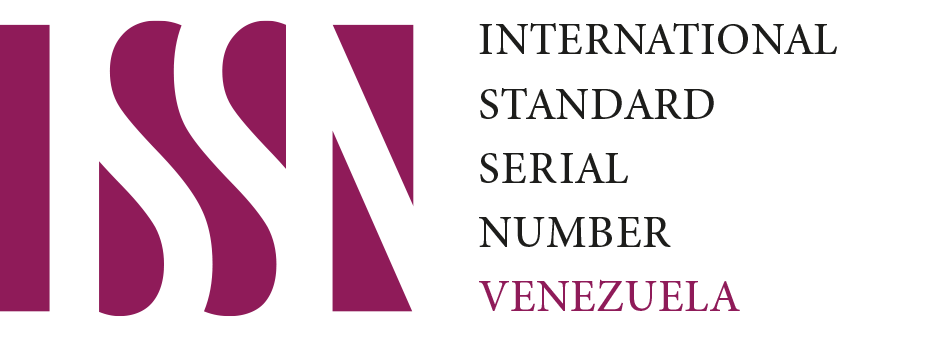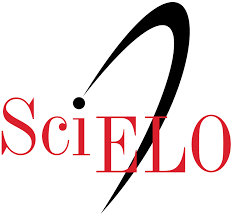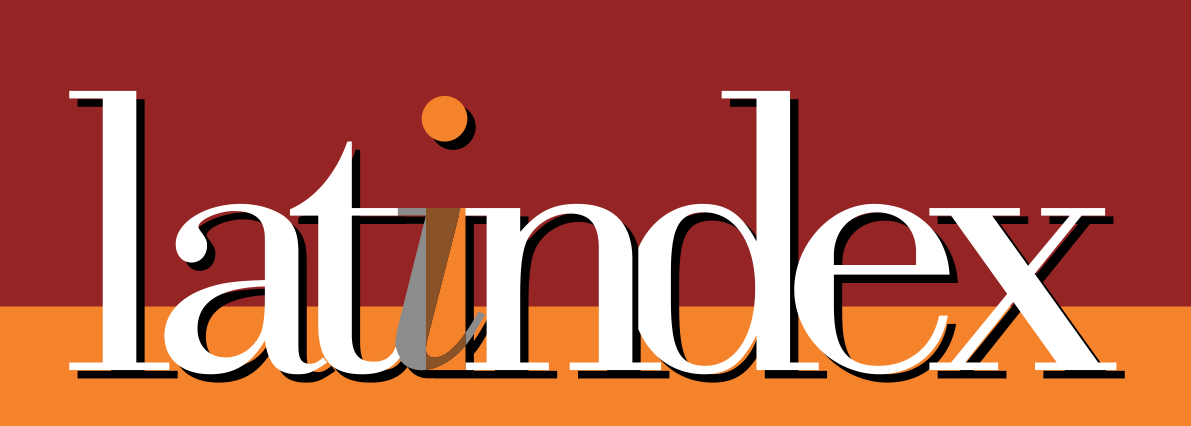Aprendizaje basado en problemas y su fomento del pensamiento crítico en estudiantes universitarios: Una revisión sistemática de la literatura
DOI:
https://doi.org/10.61286/e-rms.v3i.174Palavras-chave:
Aprendizaje basado en problemas, pensamiento crítico, estrategias de aprendizajeResumo
Problem-Based Learning (PBL) is an active and innovative pedagogical methodology that places the student at the center of the learning process, using real-world problems as a starting point for knowledge acquisition, promoting skills such as critical thinking, autonomy, and problem-solving abilities; which would be of great utility for the professional future. Therefore, this study aimed to consolidate and provide an updated conceptual framework on the effectiveness of the impact of PBL on the development of critical thinking in university students. To this end, a systematic literature review was conducted following the PRISMA methodology. The digital search was carried out in the Scopus, Dialnet, and Google Scholar databases. Inclusion criteria considered publications with 5 or fewer years of age related to PBL and critical thinking in higher education in indexed journals. The literature analysis identified trends highlighting the recognition of PBL's potential to cultivate critical thinking skills, especially in collaborative and interdisciplinary environments. Its success depends, however, on the quality of the pedagogical design, available resources, and teacher training. Nevertheless, there is a lack of theoretical agreement on how critical thinking is defined in relation to PBL, which complicates the comparison and generalization of results. Recognized gaps include the need for standardized and validated measurement instruments to assess critical thinking in PBL contexts and the scarcity of longitudinal studies.
Downloads
Referências
Alreshidi, R., & Alreshidi, F. S. (2023). The Effectiveness of Problem-Based Learning in Improving Critical Thinking and Problem-Solving Skills in Medical Students: A Systematic Review of Fifteen Years’ Experience (2005-2019). World Family Medicine Journal /Middle East Journal of Family Medicine, 21(3), 75-84. https://doi.org/10.5742/MEWFM.2023.95256077
Anggraeni, D. M., Prahani, B. K., Suprapto, N., Shofiyah, N., & Jatmiko, B. (2023). Systematic review of problem based learning research in fostering critical thinking skills. Thinking Skills and Creativity, 49, 101334. https://doi.org/10.1016/J.TSC.2023.101334
Arifin, E. G. (2021a). Problem Based Learning to Improve Critical Thinking. Social, Humanities, and Educational Studies (SHES): Conference Series, 3(4), 98–103. https://doi.org/10.20961/SHES.V3I4.53288
Arifin, Sari, M., Sabaruddin, Nurmala, E., & Sultan. (2024). Applying the Problem-Based Learning Model to Enhance Critical Thinking Skills in Leadership Education (Literature Review). SABIQ : Jurnal Sosial Dan Bidang Pendidikan, 1(1), 19–26. https://doi.org/10.62554/8TQWEQ15
Bueno, P. M. (2018). Aprendizaje basado en problemas (ABP) y habilidades de pensamiento crítico ¿una relación vinculante? Revista Electrónica Interuniversitaria de Formación Del Profesorado, 21(2), 91–108. https://doi.org/10.6018/REIFOP.21.2.323371
Donayre Bohabot, C. C., Campos Márquez, A. J., Pereda Rodríguez, C. G., & Rodriguez Monzon, Y. L. (2025). Metodologías creativas aplicadas al desarrollo de la motivación intrínseca en instituciones de educación superior. Encuentros: Revista de Ciencias Humanas, Teoría Social y Pensamiento Crítico, 23, 199-212. https://doi.org/10.5281/zenodo.14268638
Gallego-Jiménez, M. G., Milán Fitera, A., & Reyes Martín, H. (2024). El papel del ABP en el desarrollo de competencias comunicativas en estudiantes de educación: un enfoque cuantitativo. European Public & Social Innovation Review, 9, 1–16. https://doi.org/10.31637/EPSIR-2024-1313
Haniko, P., Tinggi, S., Kristen, A., Bangsa, L., Manado, Sarumaha, Y. A., Satria, E., & Hs, N. (2023). Building Students’ Critical Thinking Skill through Problem-Based Learning Model. Widya Accarya, 14(1), 92–98. https://doi.org/10.46650/WA.14.1.1409.92-98
Hutsalo, L., Skliar, I., Abrosimov, A., Kharchenko, N., & Ordanovska, O. (2024a). Strategies for developing critical thinking and problem-based learning in the modern educational environment. Multidisciplinary Science Journal, 6, 2024ss0209-2024ss0209. https://doi.org/10.31893/MULTISCIENCE.2024SS0209
Hutsalo, L., Skliar, I., Abrosimov, A., Kharchenko, N., & Ordanovska, O. (2024b). Strategies for developing critical thinking and problem-based learning in the modern educational environment. Multidisciplinary Science Journal, 6. https://doi.org/10.31893/MULTISCIENCE.2024SS0209
Kurniawan, D., Masitoh, S., Bachri, B. S., Wahyuningsih, T., Mulawarman, W. G., & Vebibina, A. (2024). Evaluation of Digital Project Based Blended Learning Model to Improve Students’ Critical Thinking and Problem Solving Skills. Journal of Ecohumanism, 3(8), 1875-1895. https://doi.org/10.62754/JOE.V3I8.4847
Liu, Y., & Pásztor, A. (2022). Effects of problem-based learning instructional intervention on critical thinking in higher education: A meta-analysis. Thinking Skills and Creativity, 45, 101069. https://doi.org/10.1016/J.TSC.2022.101069
Moher, D., Shamseer, L., Clarke, M., Ghersi, D., Liberati, A., Petticrew, M., et al. (2015). Preferred reporting items for systematic review and meta-analysis protocols (PRISMA-P) 2015 statement. Systematic Reviews, 4(1), 1.
Mustakim, S. S. B., Sulaiman, T., Lei, X., & Zou, Y. (2024). Promoting High-Order Thinking Skills through Problem-Based Learning: Design and Implementation. International Journal of Academic Research in Progressive Education and Development, 13(3). https://doi.org/10.6007/IJARPED/V13-I3/21697
Nabila, N. P., Apriyandi, F., Rahayu, E. M., & Rahmawati. (2024). Encourage students to think critical and innovative with the problem based learning model. Satmata: Journal of Historical Education Studies, 2(1), 17–22. https://doi.org/10.61677/SATMATA.V2I1.176
Pinos-Vargas, A., Herrera Flores, W., Independiente, I., & Peña Ortiz, E. (2024). El impacto del aprendizaje basado en problemas (ABP) en el desarrollo del pensamiento matemático crítico en estudiantes de educación básica. Ciencia Latina Revista Científica Multidisciplinar, 8(5), 1035–1065. https://doi.org/10.37811/CL_RCM.V8I5.13482
Rodríguez, C., Pérez, J., Bracho, A., Cuenca, L., & Henríquez, A. (2021). Aprendizaje Basado en Retos como estrategia enseñanza-aprendizaje de la asignatura resistencia de los materiales. Revista Dominio de las Ciencias, 7(3), 82-97. https://www.dominiodelasciencias.com/ojs/index.php/es/article/view/1983
Sarmiento, J. A. (2017). Desarrollo del pensamiento crítico y creativo mediante estrategias interconectadas: estrategias de aprendizaje, lectura crítica, y ABP. Gestión Competitividad e Innovación, 5(2), 145–162. https://pca.edu.co/editorial/revistas/index.php/gci/article/view/113
Snyder, H. (2019). Revisión bibliográfica como metodología de investigación: Panorama general y directrices. Journal of Business Research, 104, 333-339. https://doi.org/10.1016/j.jbusres.2019.07.039
Thorndahl, K. L., & Stentoft, D. (2020). Thinking Critically About Critical Thinking and Problem-Based Learning in Higher Education: A Scoping Review. Interdisciplinary Journal of Problem-Based Learning, 14(1), 1–21. https://doi.org/10.14434/IJPBL.V14I1.28773
Villanueva Morales, C., Ortega Sánchez, G., Díaz Sepúlveda, L., Villanueva Morales, C., Ortega Sánchez, G., & Díaz Sepúlveda, L. (2022). Aprendizaje Basado en Proyectos: metodología para fortalecer tres habilidades transversales. Revista de Estudios y Experiencias En Educación, 21(45), 433–445. https://doi.org/10.21703/0718-5162.V21.N45.2022.022
Yu, L., & Zin, Z. M. (2023). The critical thinking-oriented adaptations of problem-based learning models: a systematic review. Frontiers in Education, 8. https://doi.org/10.3389/FEDUC.2023.1139987/PDF
Zambrano, I. (2019). El desarrollo de la creatividad en estudiantes universitarios. Revista Conrado, 15(67), 355-359. http://scielo.sld.cu/scielo.php?script=sci_arttext&pid=S1990-86442019000200354

Publicado
Como Citar
Edição
Seção
Licença
Copyright (c) 2025 Roberto Lozada-Lozada, Nicole Valencia Cifuentes , Ricardo Cedeño-Cedeño , Enmanuel De la Cueva Cedeño

Este trabalho está licenciado sob uma licença Creative Commons Attribution-NonCommercial-NoDerivatives 4.0 International License.
Las publicaciones en acceso abierto de e-RMS están protegidas por derechos reservados y se rigen por la Licencia Pública Creative Commons Attribution-NonCommercial-NoDerivatives 4.0 International (CC BY-NC-ND 4.0). Se permite el uso no comercial de este material, con atribuciones al autor. No se permiten derivados de esta versión.












